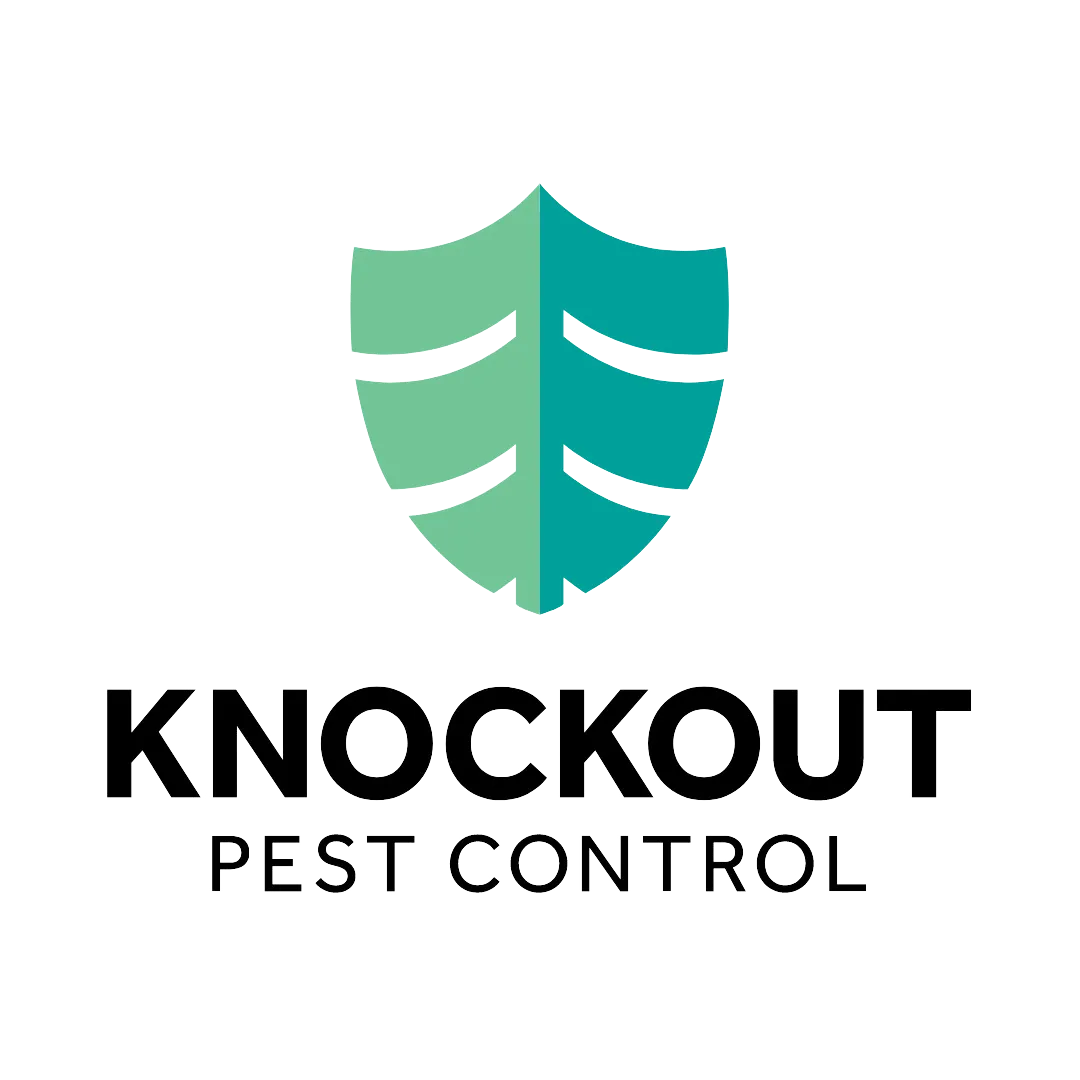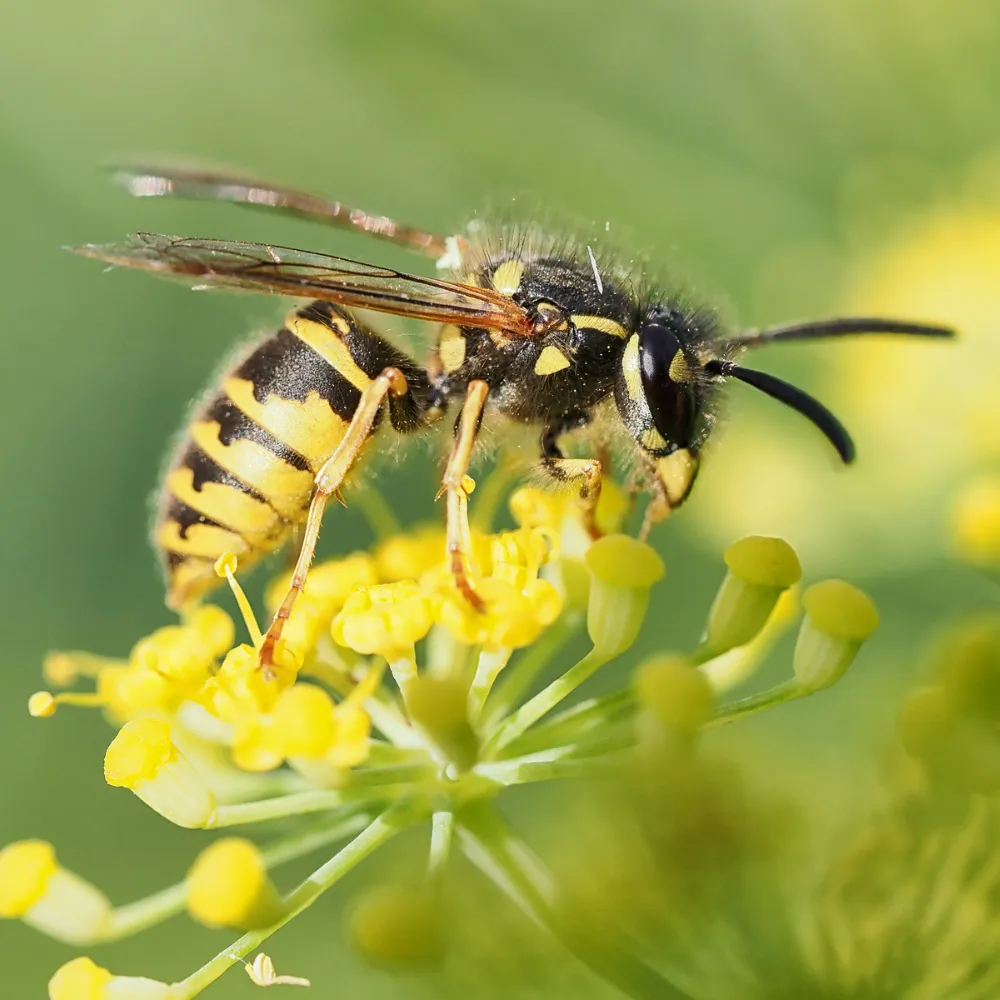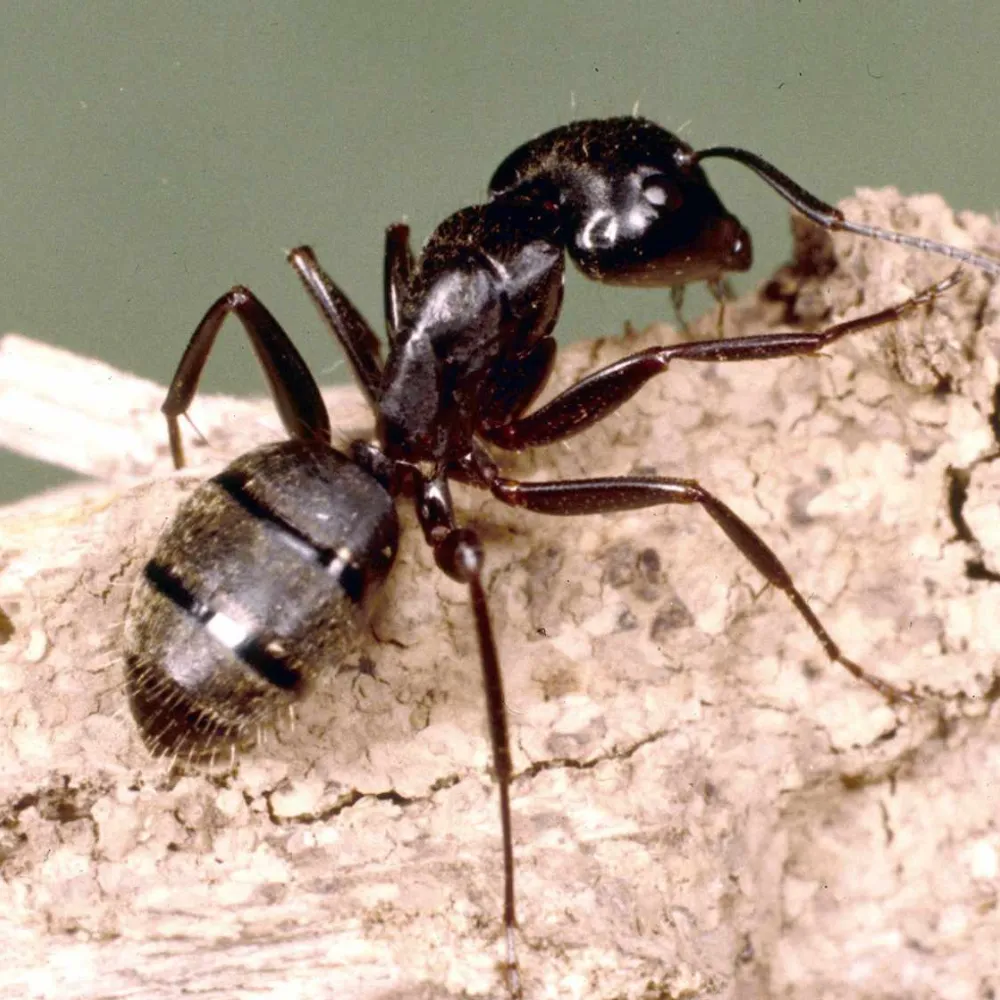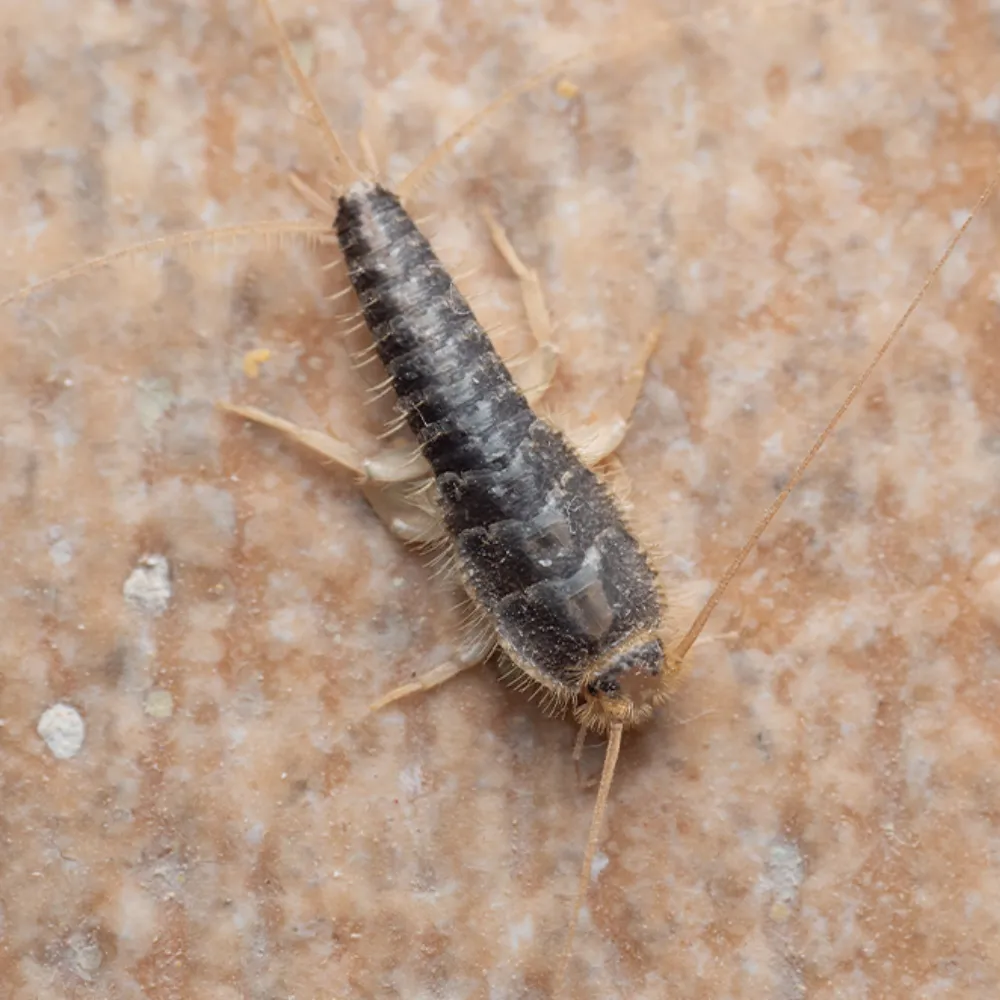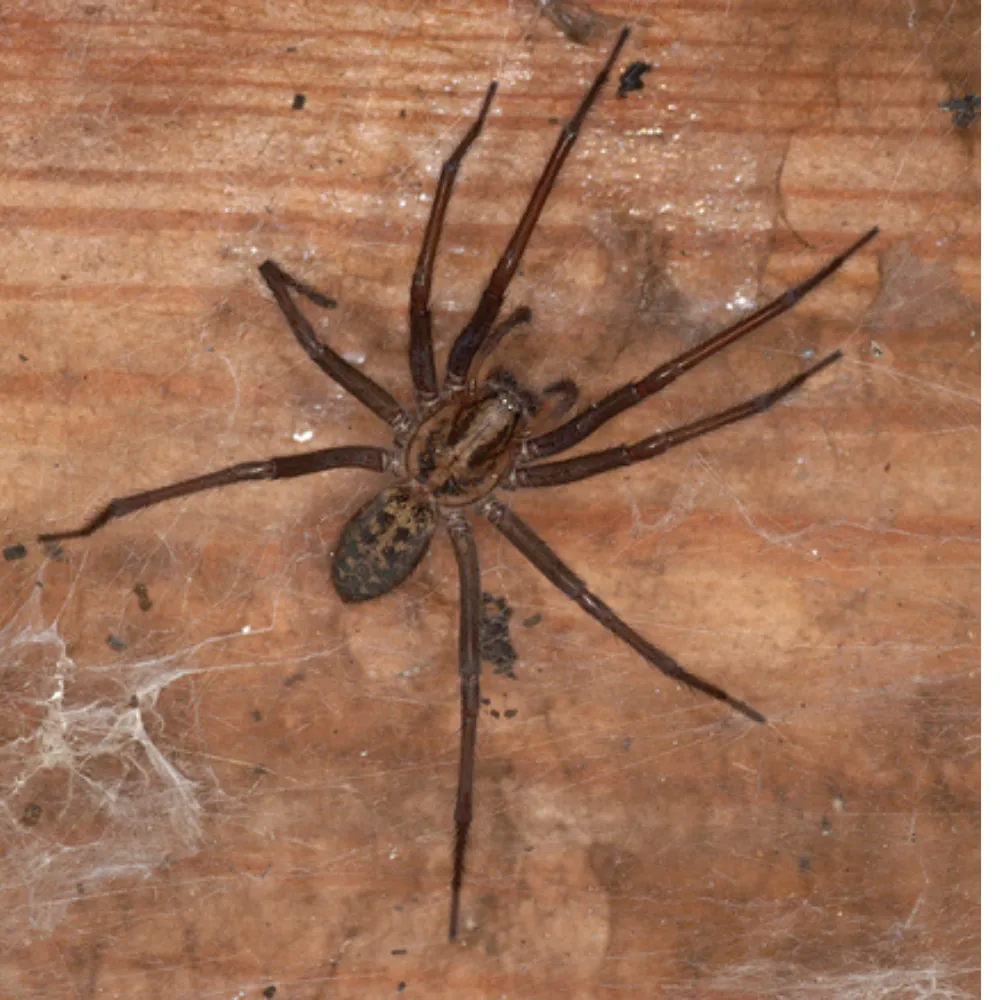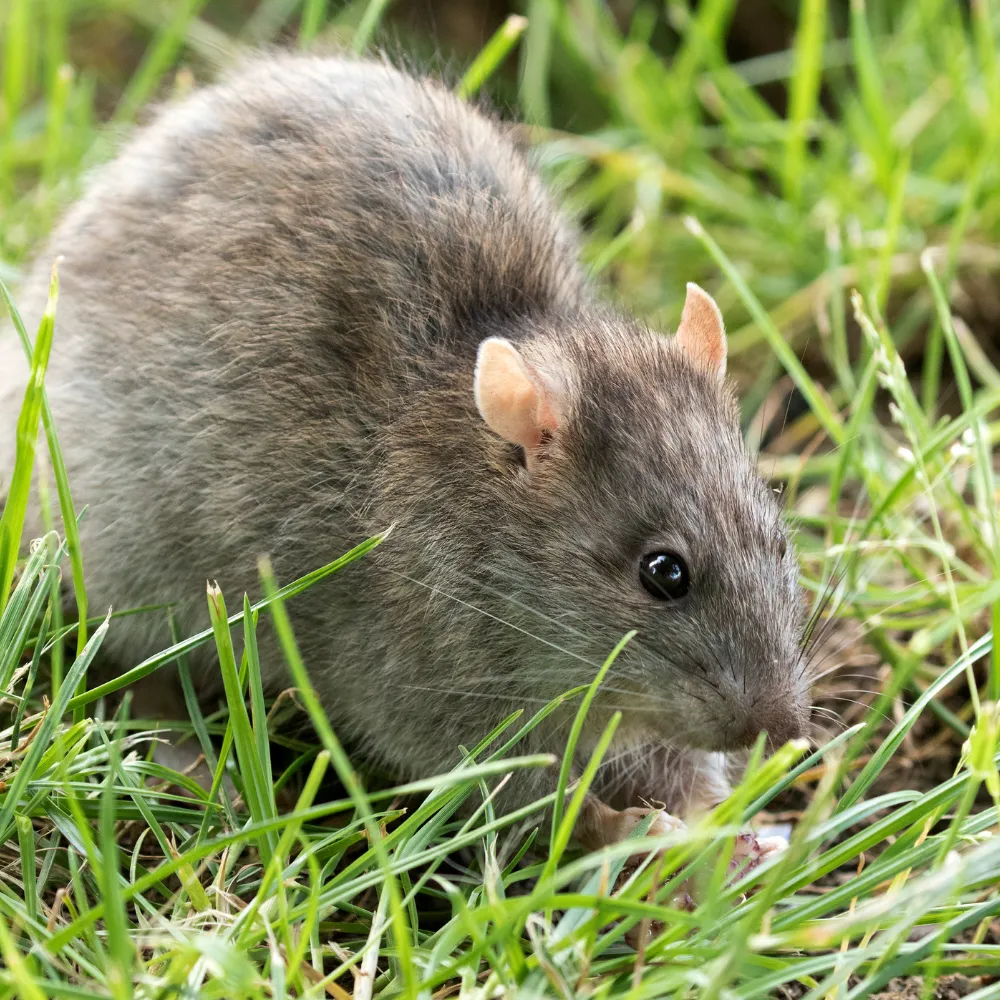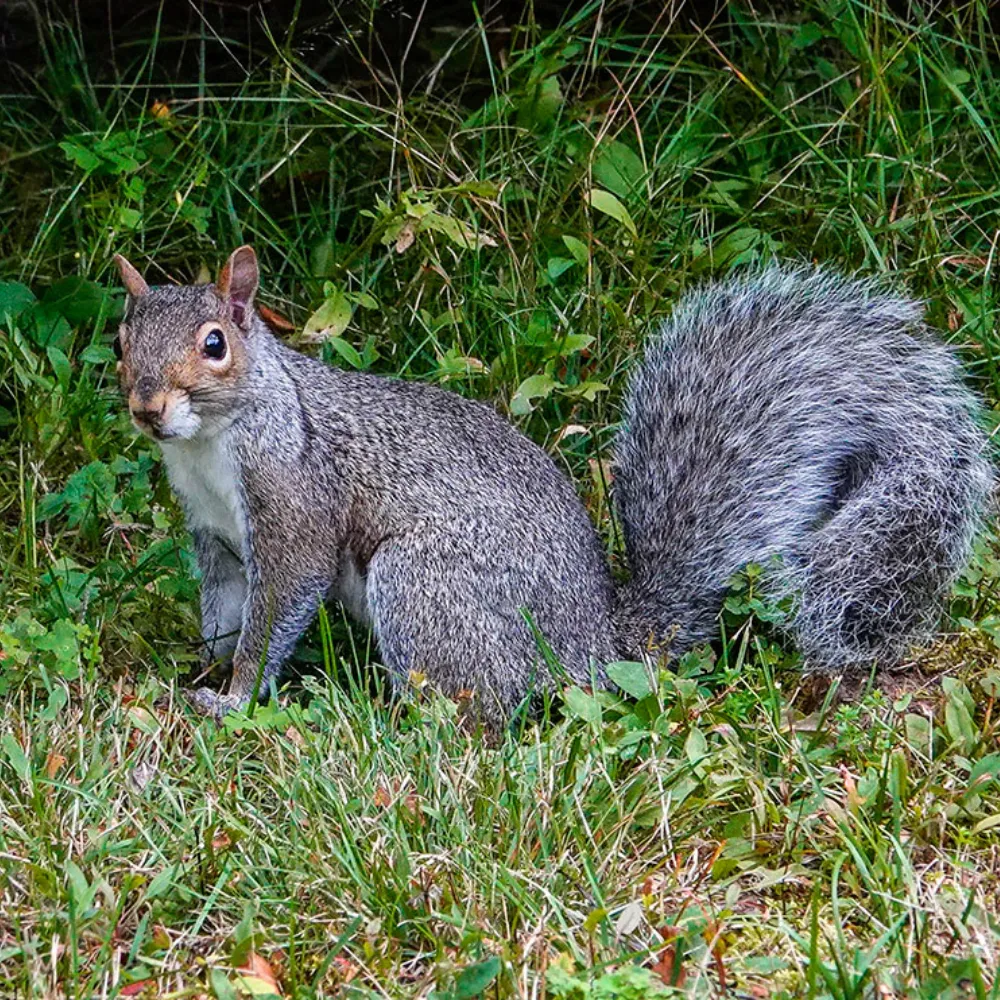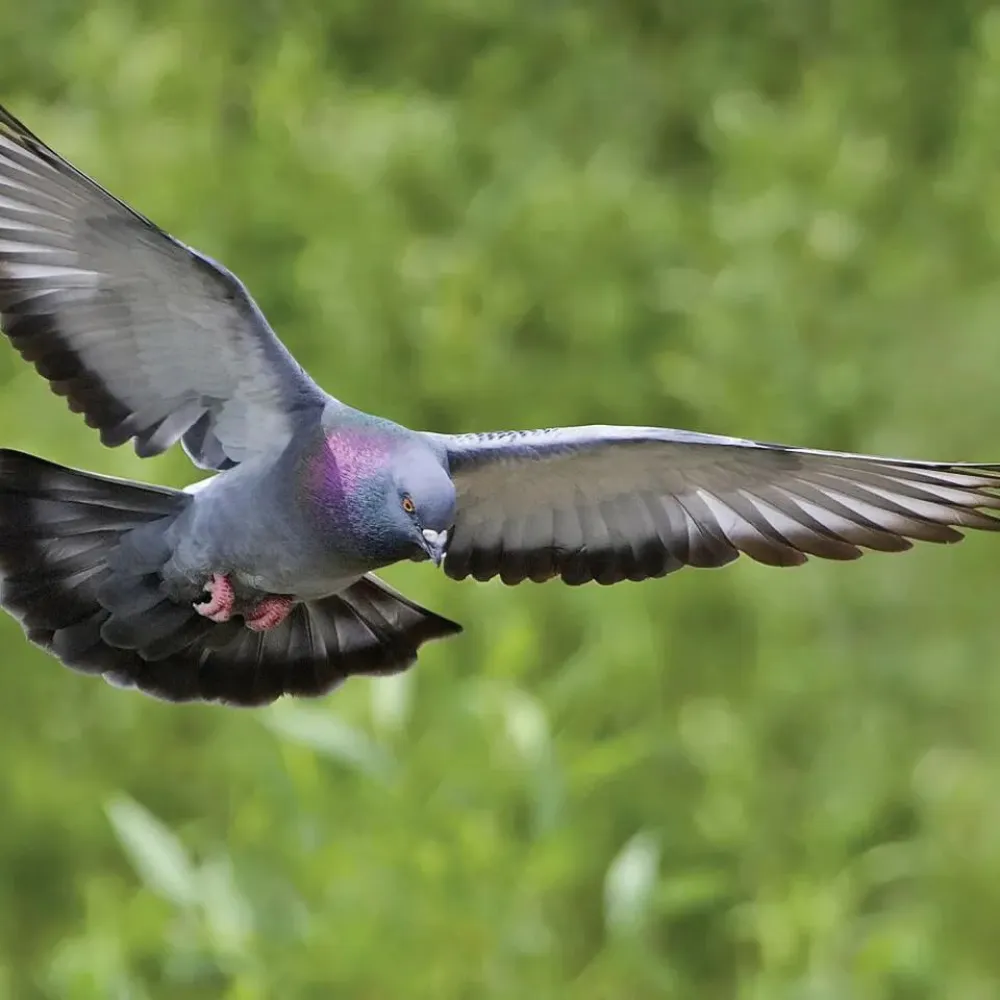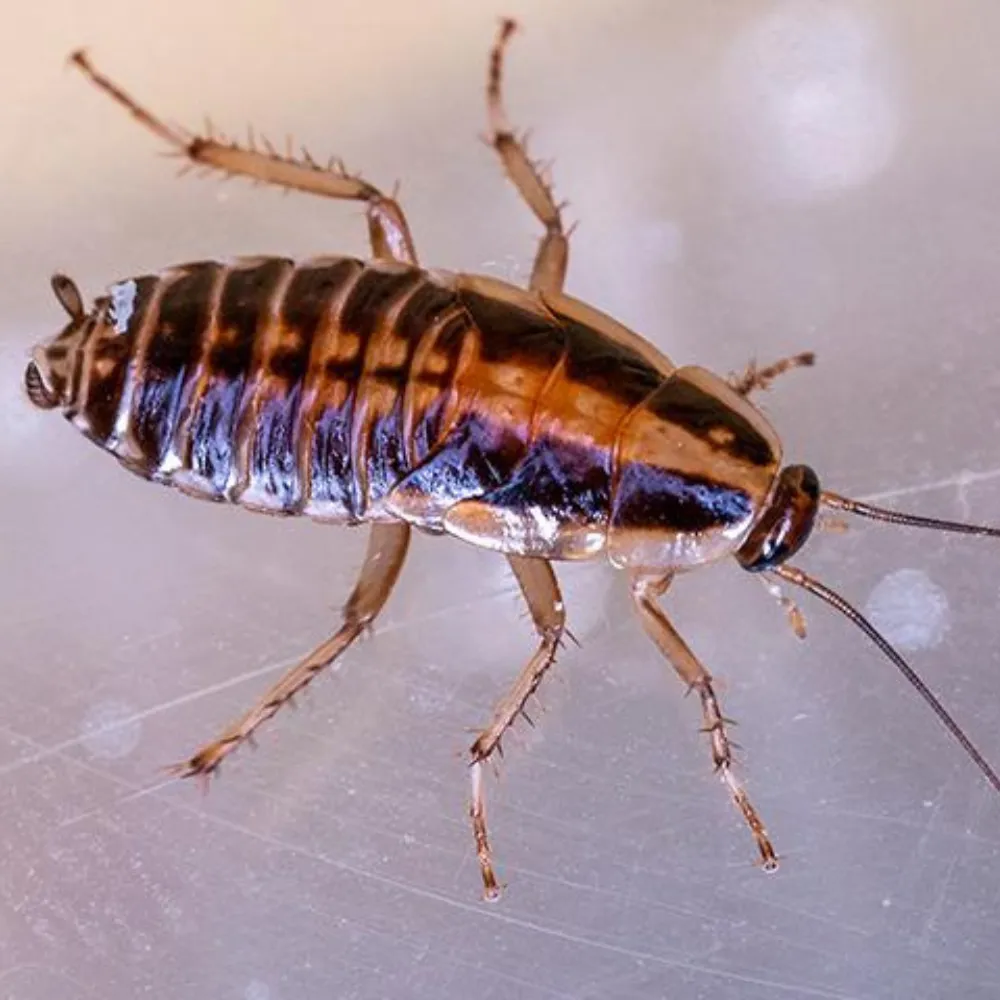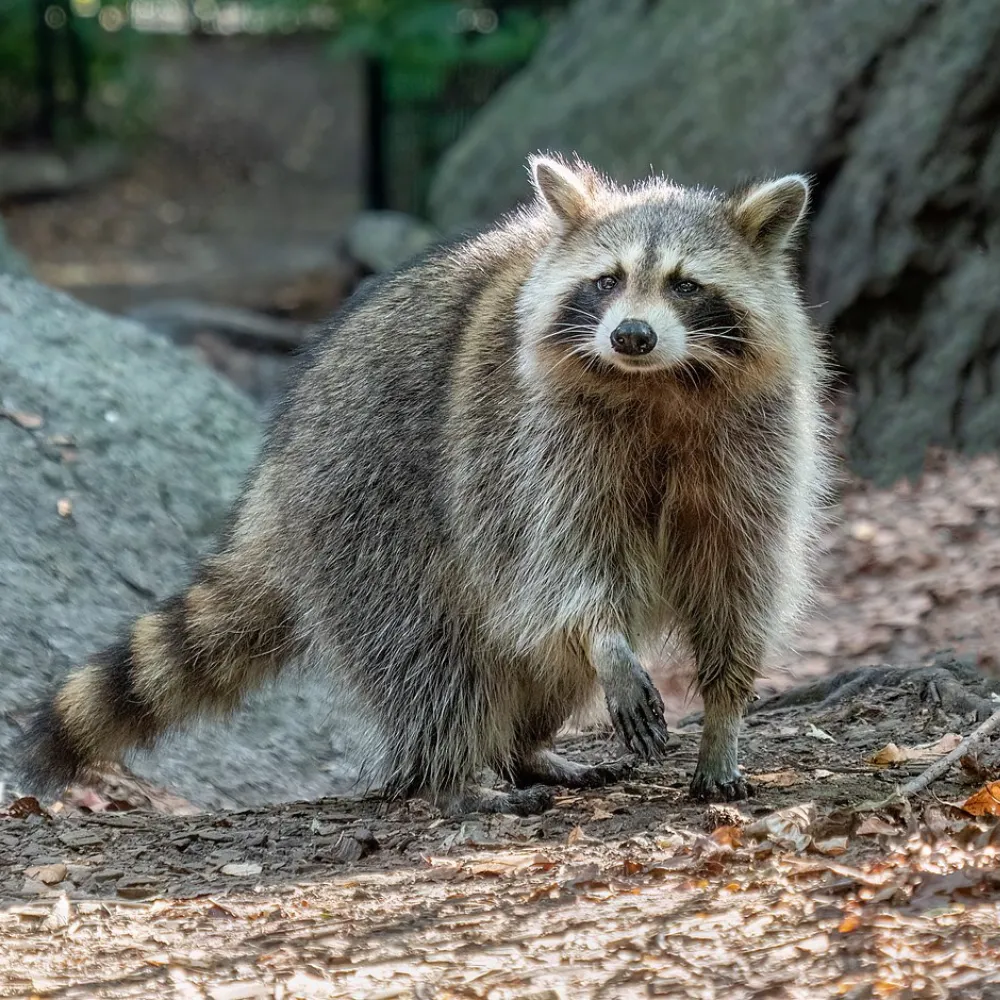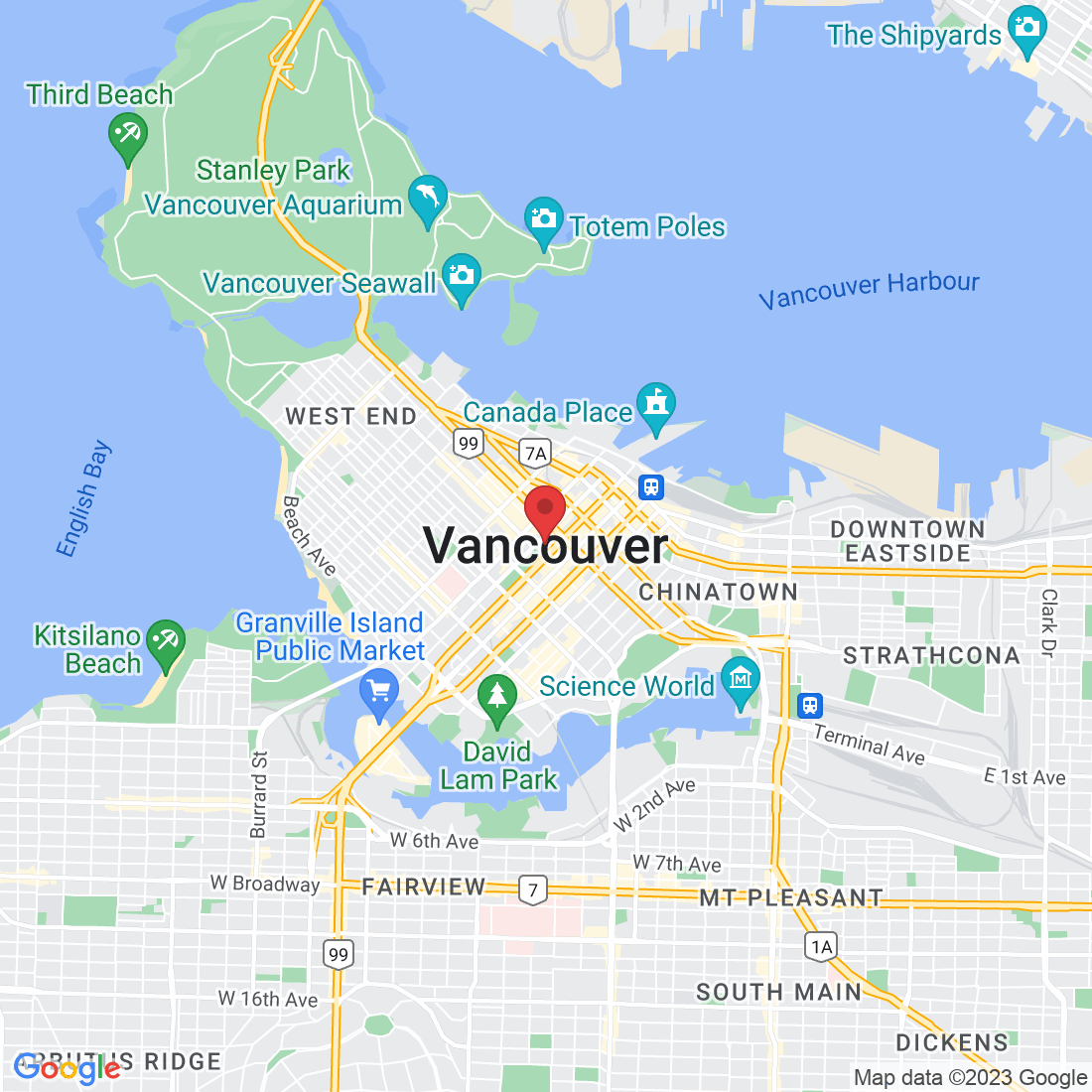VANCOUVER PEST CONTROL
Defend your Vancouver home and business against pests!
Your ultimate destination to a paste-free space.

Family Owned, Locally Operated
Licensed Technicians
Fast Response
Same Day Service Available
FOR SERVICES & IMMEDIATE ATTENTION
WE ARE AVAILABLE 24/7

Call:
(604) 359-1001
Common Pest Problems in Vancouver
There are Many Different Kinds of Vancouver Pests. Click to find out more.

WHY KNOCKOUT PEST CONTROL?
Choosing Knockout Pest Control in Vancouver for your pest control needs is a decision that guarantees top-quality service and expertise. Our experienced team of technicians is well-versed in addressing a wide range of pest infestations, from ants and cockroaches to rodents, wasps, birds, squirrels, and raccoons. We offer comprehensive pest control services in Vancouver for both residential and commercial property, starting with thorough inspections to tailor our solutions to your specific situation. When it comes to pest control in Vancouver, BC, we take a personalized approach, using effective and eco-friendly methods that prioritize the safety of your family and the environment. As a trusted pest exterminator in Vancouver, our commitment to customer satisfaction includes ongoing support and follow-up visits to ensure long-lasting results. By choosing Knockout Pest Control, you can trust that your Vancouver pest control needs will be met with professionalism, effectiveness, and a dedication to creating a pest-free living environment for you and your loved ones.

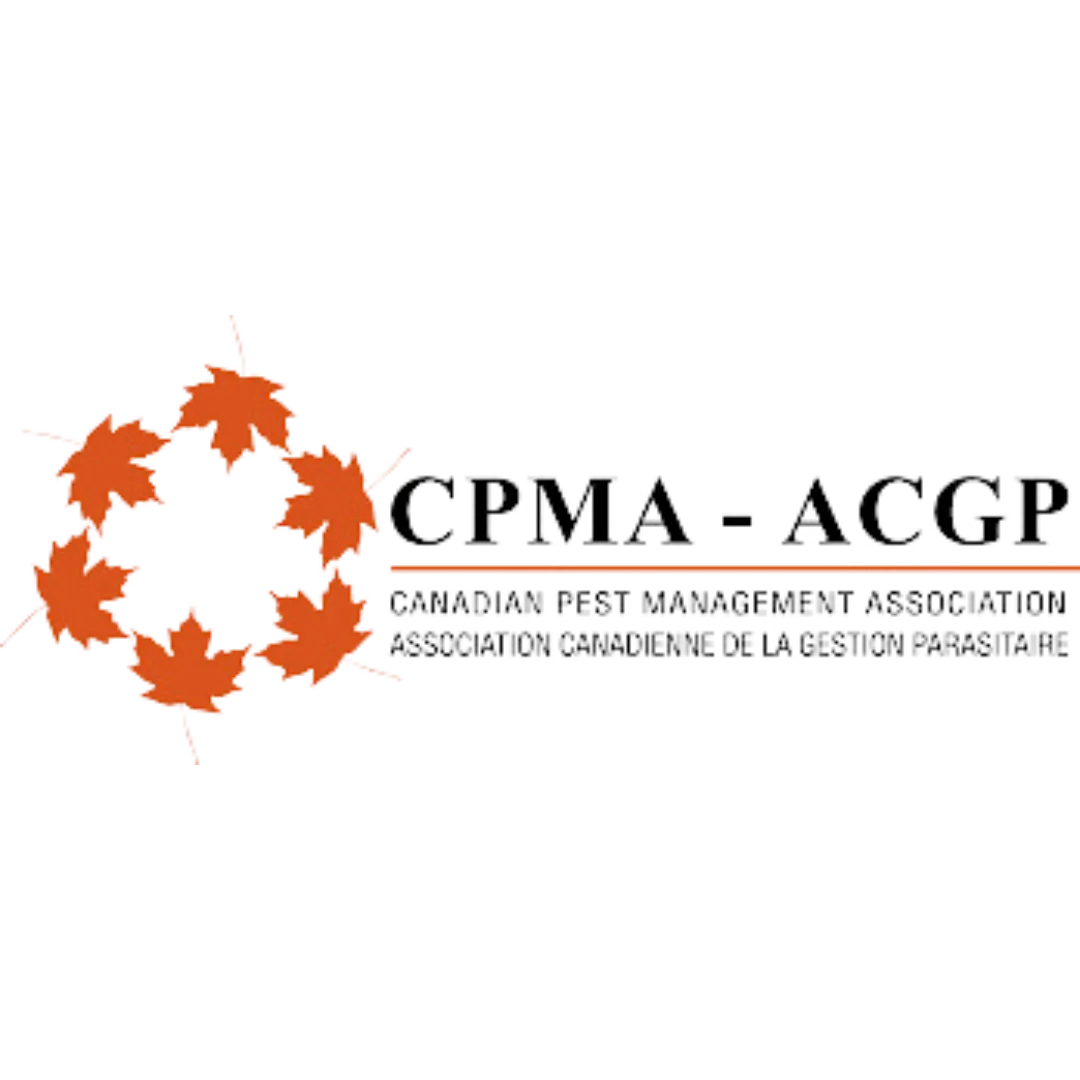




Customer Reviews
FAQs
What types of pests does Knockout Pest Control - Vancouver cover?
Our services cover a wide range of pest species including ants, spiders, rodents, wasps, beetles, moths, earwigs, silverfish, centipedes, millipedes, stink bugs, mosquitoes, ticks, fleas, and more. We offer comprehensive treatment plans tailored to each specific pest.
Are the products used by Knockout Pest Control - Vancouver safe for pets and children?
Yes, all of our products are approved for use in places such as daycares, hospitals, veterinary clinics, and nursing homes. We prioritize the safety of your family and pets while ensuring effective pest control.
What does a typical service visit entail and how long does it take?
A typical service visit includes a thorough inspection, targeted treatments, and preventive measures. Initial services usually take about 60 minutes, while follow-up visits are often around 30 minutes. Our technicians ensure comprehensive coverage to address your pest concerns.
Does Knockout Pest Control - Vancouver offer a satisfaction guarantee?
Yes, we offer a 100% Service Guarantee. If pests return between scheduled visits, we will perform re-treatments at no additional cost. One-time treatments include a 30-day guarantee to ensure your complete satisfaction.
How do I schedule a pest control service or inspection with Knockout Pest Control - Vancouver?
Scheduling a service or inspection is easy. You can visit our website, call us directly, or use our online booking form. We also offer free inspections for certain services to evaluate and provide tailored treatment plans for your specific pest issues.
What should I do to prepare for a service visit from Knockout Pest Control - Vancouver?
Generally, you don't need to do much to prepare. Just ensure your backyard is accessible and any pets are brought inside for the duration of the visit. You don't need to be at home if your schedule doesn't allow it, as our technicians can handle the treatment effectively in your absence.
CERTIFIED PEST CONTROL SERVICES IN VANCOUVER
Choose from our range of customizable recurring packages of pest control services in Vancouver to ensure long-term protection and peace of mind with our comprehensive Vancouver pest control services.
Up to a 5-year guarantee for specific Vancouver pest control services
How Can We Help?
We provide a wide variety of pest removal and exterminator services in and around Vancouver. Here is what we can provide you:
FOR YOUR VANCOUVER HOME

Emergency Help
When pests strike unexpectedly, you need someone who can respond fast. That is where local pest control in Vancouver, BC, comes in. At Knockout Pest Control, we are only a phone call away, ready to help with emergencies and provide quick, professional service when you need it most.

Protect Your Home
Our trained technicians use proven methods and specialist treatments to ensure your home is not only free of pests but stays that way. With our expert pest exterminators in Vancouver, you can rest easy, knowing your
home is safe and protected.

Keep Watch
We do not just treat your home and leave. Our pest control services in Vancouver provide you with helpful advice and safety instructions that will keep your Vancouver home pest-free between visits. Ongoing support is a key part of our service.

Educate Our Clients
We believe in helping our customers understand how to prevent future infestations. As part of our pest control in Vancouver, BC, service, we educate our clients on proactive steps they can take and provide detailed service reports after every visit.
FOR YOUR VANCOUVER BUSINESS

Integrated Pest Management
Do not let pests harm your business reputation. Our pest exterminators in
Vancouver handle infestations early, before they become a serious issue. With our integrated pest management approach, we tailor solutions specifically for your commercial needs.

Restaurant Pest Control
Give your guests peace of mind while they dine. Our services ensure your restaurant stays pest-free with the best pest control in Vancouver, BC. We help create a clean and welcoming environment that your customers can trust.

Service Documentation
Worried about the next visit from the health inspector? We provide all the necessary documentation showing the steps your business takes to keep pests out and customers safe. Our paperwork keeps you compliant and confident.

Emergency Help
What is one of the biggest advantages of hiring a local pest exterminator in Vancouver? Quick response in emergencies. We are based right here in Vancouver, so we can act fast when your business needs urgent help.
REQUEST A FREE PEST QUOTE IN VANCOUVER
Reliable Pest Control Services in Vancouver
There is nothing better than feeling truly at ease in your own home—free from unwanted pests and worries. Just as important is having a safe and pest-free workplace, which matters just as much to your Vancouver business and your valued customers. We strive to deliver the best results quickly and with minimal risk. Knockout Pest Control is a trusted provider of pest control in Vancouver, BC, fully certified with Work Safe BC and backed by third-party liability insurance.
As a reliable Pest Exterminator in Vancouver, we offer free local inspections with honest, helpful feedback—never pressure or upselling. Our non-commission technicians arrive in unmarked vehicles, respecting your privacy. Contact us today to speak with an expert and get a quote.

